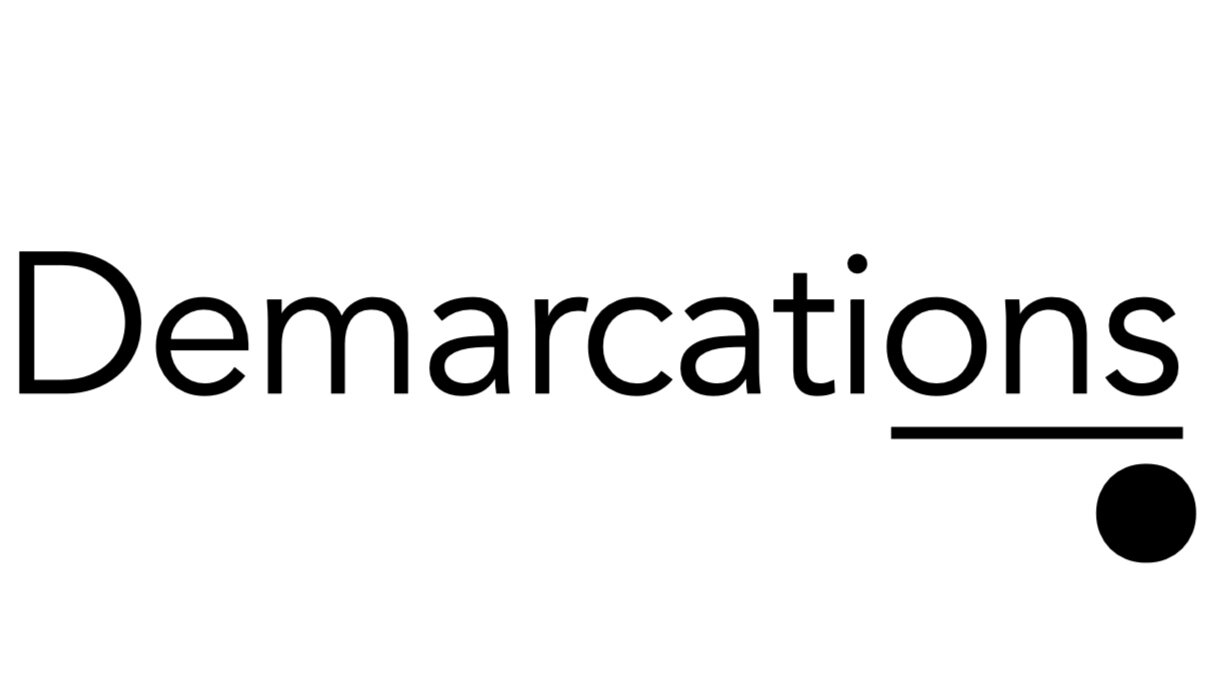Ralph Losey persuasively argues that online education will replace bricks-and-mortor education, including law school, as the dominant form. The major advantage of online courses, he claims, is that they are asynchronous, meaning:
A student can logon to study at the time when they are most alert and receptive. They can do so in an environment of their choosing, one that they have found to be most conducive for learning. They may choose to study alone, or in a group. Some may learn best in a crowded coffee-shop. Others may prefer a quiet room by themselves. For some the preferred time to learn may be in the morning. For others it may be late at night. Online learning can happen anywhere and anytime.
Traditional institutions that ignore this trend -- even our most venerable top universities -- risk being left behind.
This resonates with me. I studied for the California Bar exam while living in Virginia, entitling me to use the study course's audio tapes, rather than having to attend the live lectures.
Granted, it was the bar exam, but it was one of the most intense learning experiences in my life. Since I devoted my days entirely to bar preparation, I could plan all my activities around my personal preferences and natural rhythms. For me, this meant taking practice tests in the morning, studying outlines in the morning and early afternoon, and listening to the lectures in the late afternoon when I didn't have the energy to do much else. I could listen lying down on the sofa when particularly exhausted. I could take breaks at will. I could clear my head with a run. This freedom allowed me to absorb a huge amount of material in the most personally effective way.
This wouldn't work for everyone. Some people need that mandatory lecture in order get on task in the morning. One can't really do class projects and study groups without personal interaction. People learn differently through dialogue. And how do you do the Socratic method in a WebEx session?
But let's leave aside whether this education is better, in the sense of being more convenient, cost effective, and otherwise efficient. Will online education make for better lawyers? Or will something essential be lost in translation?
D. Mark Jackson
